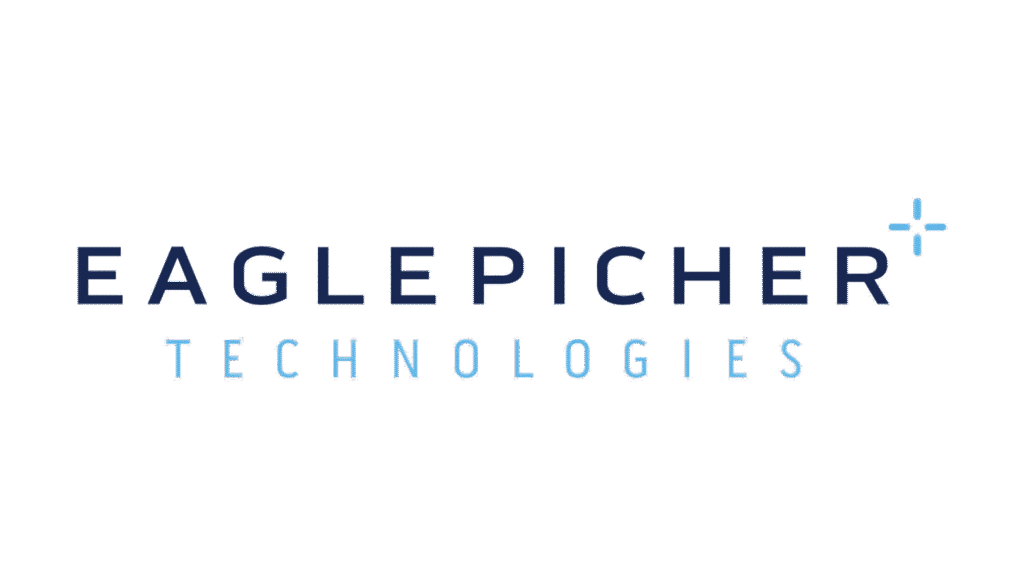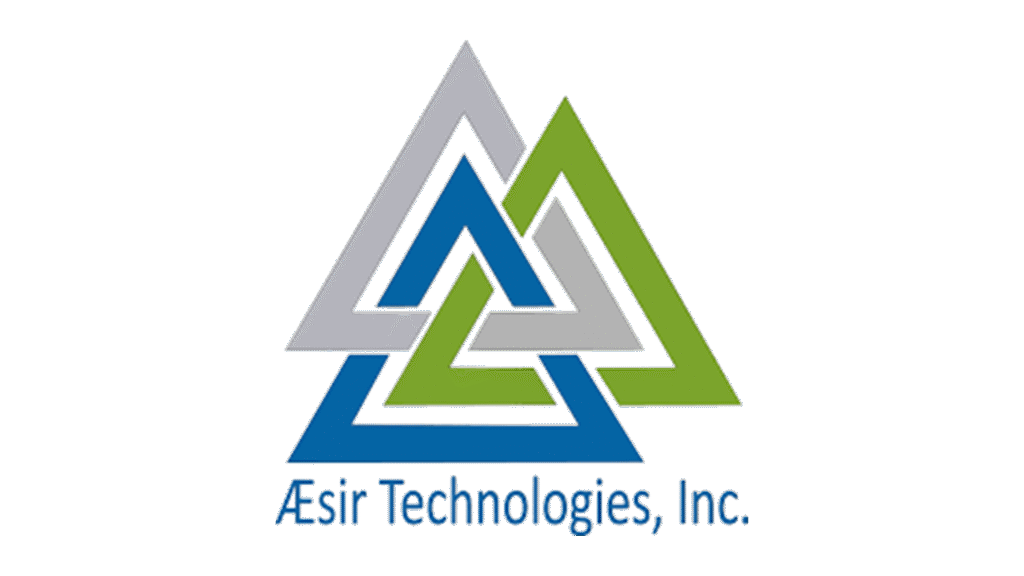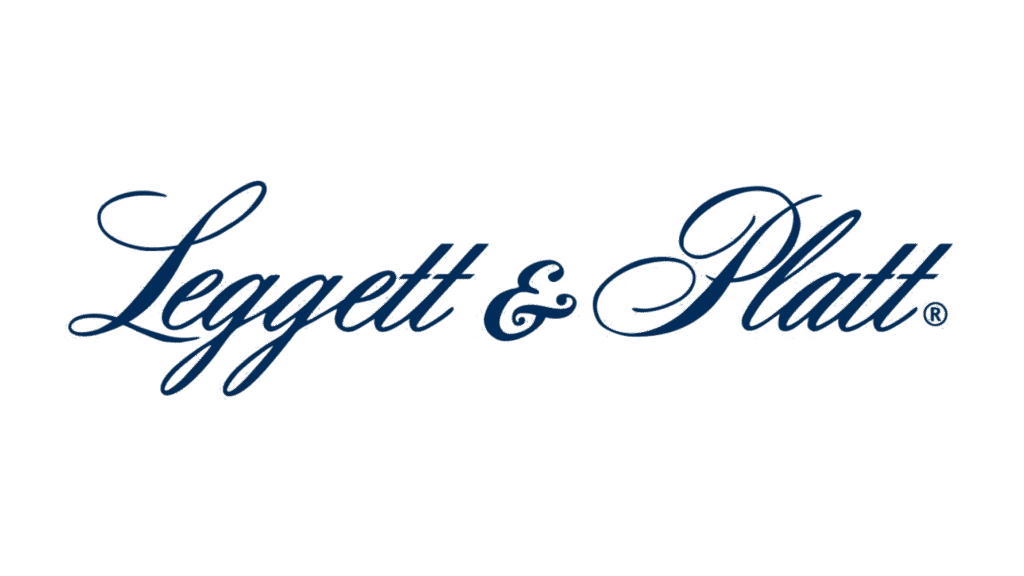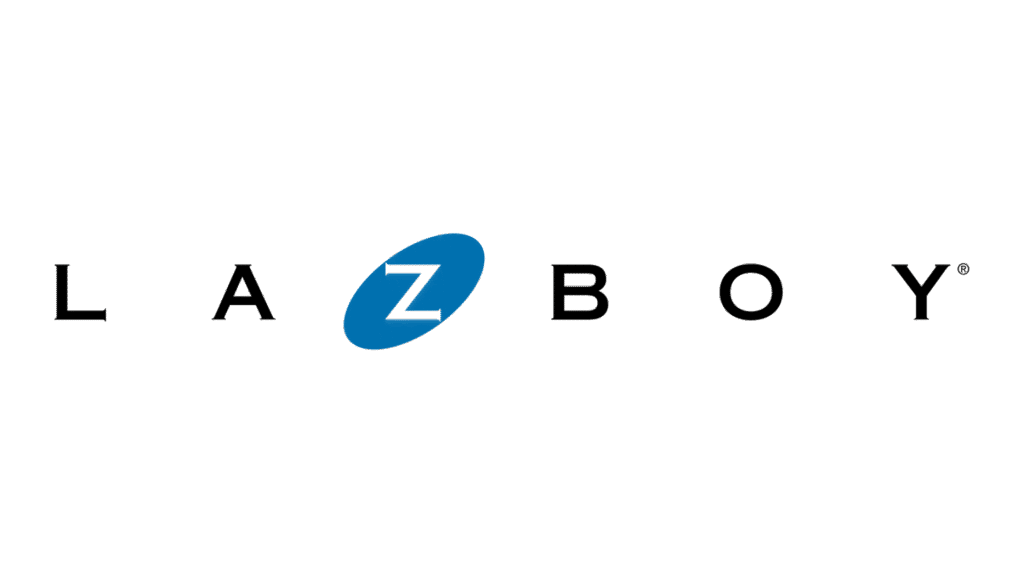Advanced Manufacturing
The MOKAN region’s central location and extraordinary access to interstate and rail transportation give manufacturers here a significant strategic advantage. With easier access to raw materials like plastic pellets, wood, and mineral wool; nearby markets for finished goods; and no inventory tax on warehoused goods, we’re an ideal spot for manufacturing companies.
Our highly skilled workforce is 400,000 strong. And our residents have extensive experience in industries that demand workers who are proficient with engineering, advanced production, robotics, CNC operation, laser cutting, 3D printing, and specialized processes critical to the metal and electrical component fabrication, chemicals, and plastics industries. This means companies with challenging needs can staff new facilities quickly and build upon existing experience.
In addition, both K-12 school districts and postsecondary education providers have a strong focus on workforce development, offering programs that deliver the skills today’s manufacturers need. Collaborative efforts by Missouri Southern State University, Crowder College, Labette Community College, Coffeyville Community College, Kansas City University of Medicine and Bioscience, and Joplin’s Advanced Training and Technology Center ensure the workforce is top of mind in community programming.
“This investment will position EaglePicher’s energetics business for significant growth, while strengthening our ability to respond to current demands in a premier defense and aerospace manufacturing facility.”
– Matt Housh
General Manager
EaglePicher Energetics Business Unit
Everything your business needs to thrive is right here in the 7-county
tri-state area.
Operational Advantage
With some of the lowest corporate tax rates in the nation, affordable real estate, and energy costs well below the national average, the MOKAN region offers a pro-business climate that helps companies maximize their bottom line.
Ready-to-Develop Sites
The MOKAN region offers over 2,100 acres of industrial space, with select sites nearing shovel-ready or development-ready status to meet diverse project needs.
Air Transportation
Air Transportation: The MOKAN Region is served by Joplin Regional Airport (JLN) for commercial and cargo flights, with convenient access to major hubs like Tulsa International (TUL) and Kansas City International (MCI) for expanded air service options.
Ready Workforce
The MOKAN Region boasts over 22,000 manufacturing jobs—more than double the national average for a region of its size—supported by a labor force participation rate of 60.21%, underscoring the area’s strong industrial base and active workforce ready to meet employer demand.










